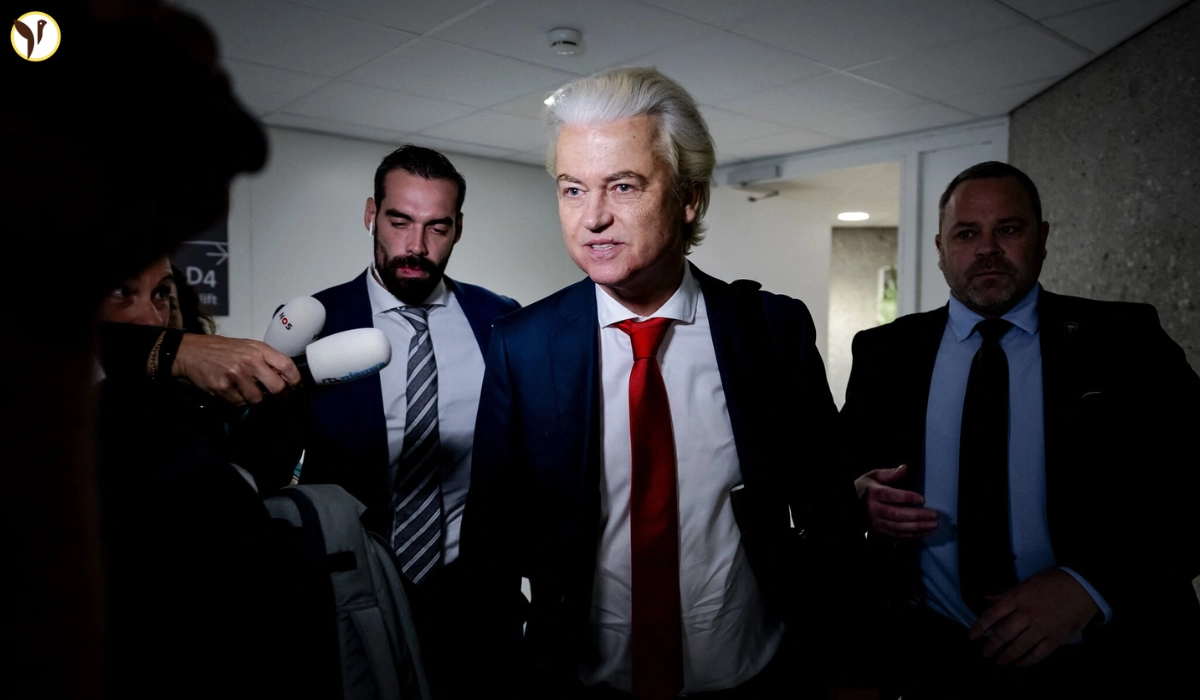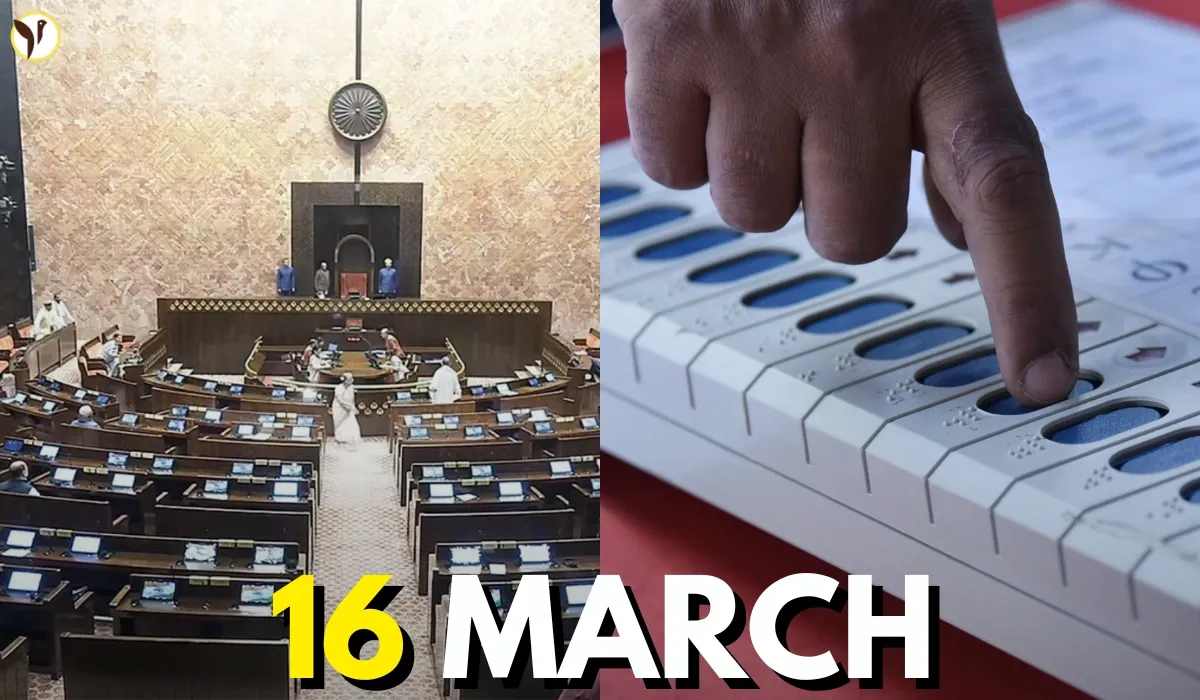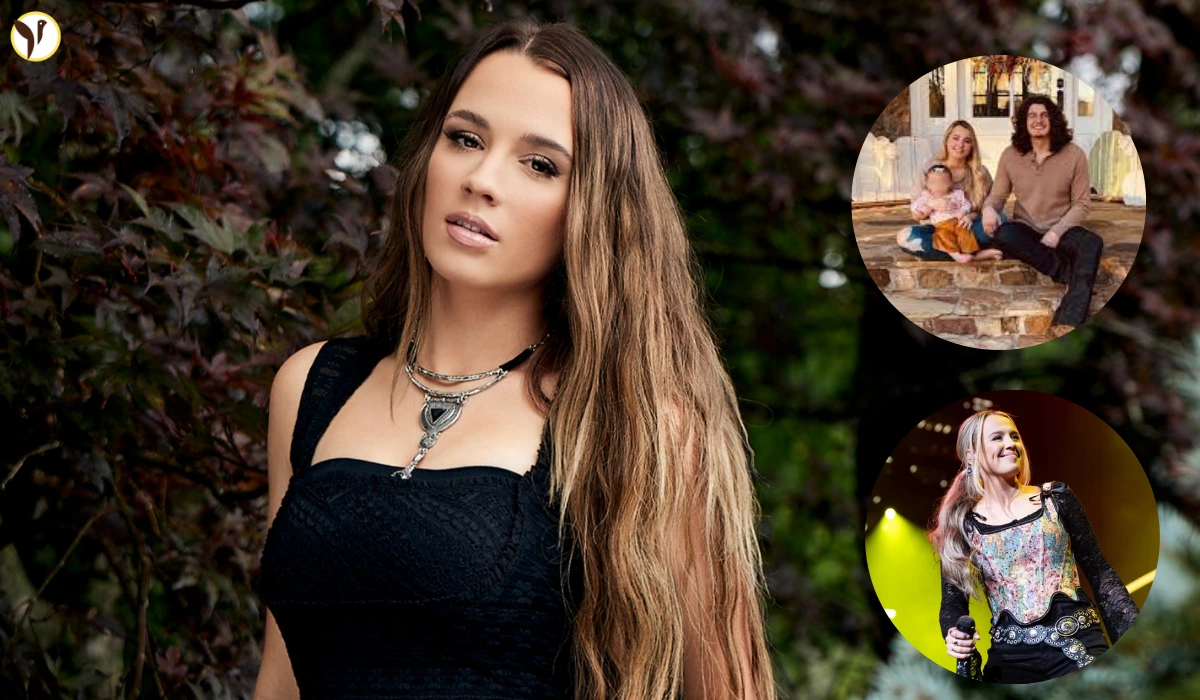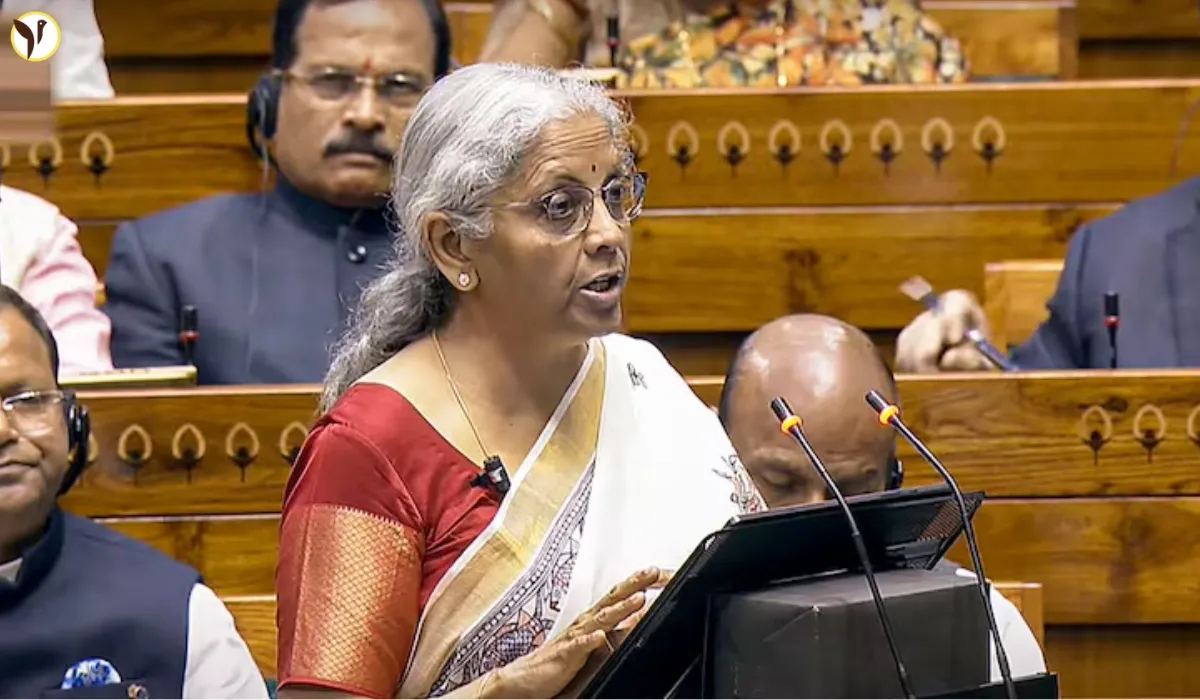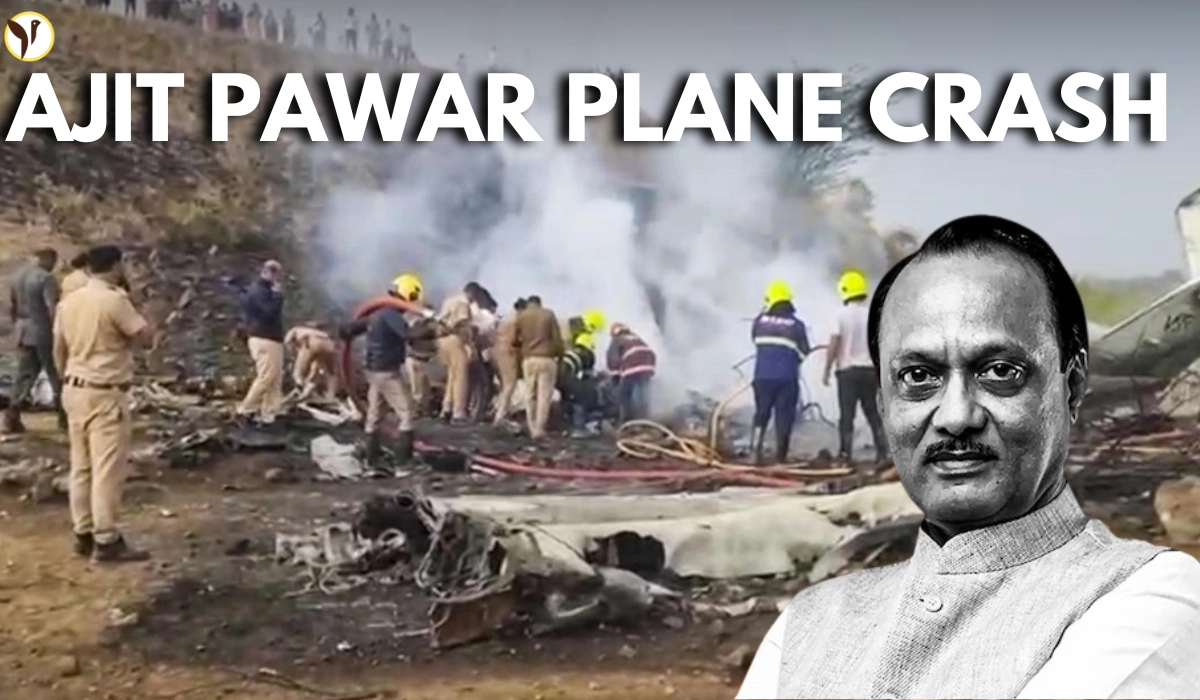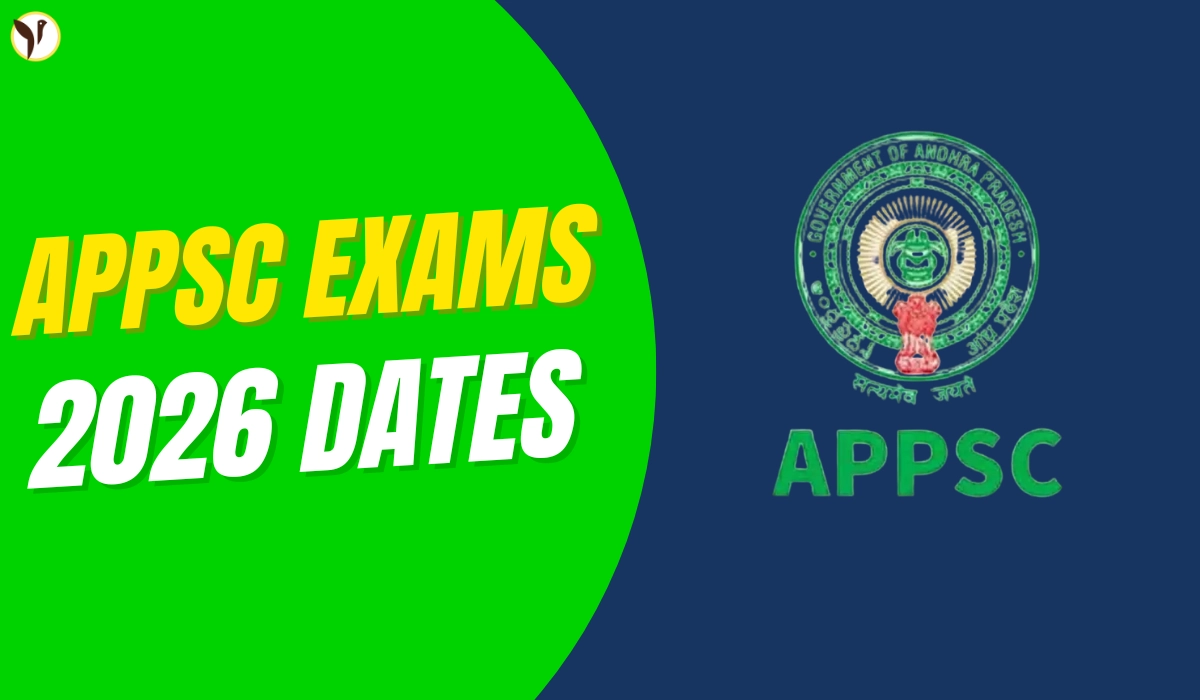The Dutch government just kinda fell apart. Like, completely. And yeah, it’s a big deal. If you haven’t been following Dutch politics (honestly, most of us aren’t until something major happens), this all started with a major disagreement between the political parties running the show. And at the center of all this? Geert Wilders — the far-right leader of the PVV party. He basically pulled the plug on the whole thing after not getting what he wanted in terms of immigration policy.
What’s wild is that this government was pretty new. The coalition only came together last year, in 2024, after a lot of drama and delay. It took months to even form it, and they finally brought in Dick Schoof as Prime Minister — he wasn’t even from any of the political parties, just a neutral guy they all agreed on. People thought, okay, maybe now the country will have some stability. But that didn’t last long at all.
So what went wrong? Immigration rules, mainly. Wilders wanted really strict stuff — like stopping all new asylum applications and not opening any more refugee centers. But his coalition partners? They weren’t having it. They pushed back, said no, and things basically hit a wall. Instead of trying to work it out, Wilders decided to just walk away, which led to the entire government falling apart.
People are saying he did it to protect his image or maybe because he didn’t want to compromise on the promises he made during the election. Others think he knew the coalition wouldn’t work long-term anyway and just bailed early. Either way, the Dutch government is now done — and new elections are coming, probably later this year. Until then, they’ll have a temporary “caretaker” government just to keep things running. But yeah, the whole situation feels messy, and no one really knows what’s next.
Why This Matters (And Why It’s Got People Talking)
Political shakeups happen all the time, but when it’s a major European country like the Netherlands, and when the far-right is involved, people around the world start paying attention. What makes this even more important is how much it’s tied to the bigger issue of immigration, something a lot of countries are struggling with right now.
Geert Wilders, for example, is known for being super outspoken about immigration. His party, the PVV, won a lot of seats in the last election because of that. So when he joined the coalition, everyone was wondering how that would actually work in practice. Turns out, it didn’t. He wanted to push through really strict rules — some might even say extreme. But the other parties in the coalition (like VVD, NSC, and BBB) weren’t fully on board. They agreed on some stuff, sure, but they didn’t want to go as far as Wilders did.
This clash basically blew everything up. And what’s frustrating for Dutch voters is that they just had an election not too long ago, and now they’re probably going back to the polls again — maybe in October or November 2025. People are tired. They want leaders who can work together, not more of this back-and-forth drama.
There’s also concern that this collapse could send the wrong message — like that governments with far-right influence can’t hold together. Some are wondering if this will push voters even more to the extremes in the next election, or maybe the opposite — make them want a more stable, moderate government. Either way, it’s clear that the future of Dutch politics is wide open now, and no one really knows what kind of government will come next. That’s what makes this story feel big, even outside the Netherlands.
Dutch government collapses as Geert Wilders' far-right Party for Freedom leaves coalition https://t.co/vgdp47Z33o
— CNN Breaking News (@cnnbrk) June 3, 2025
